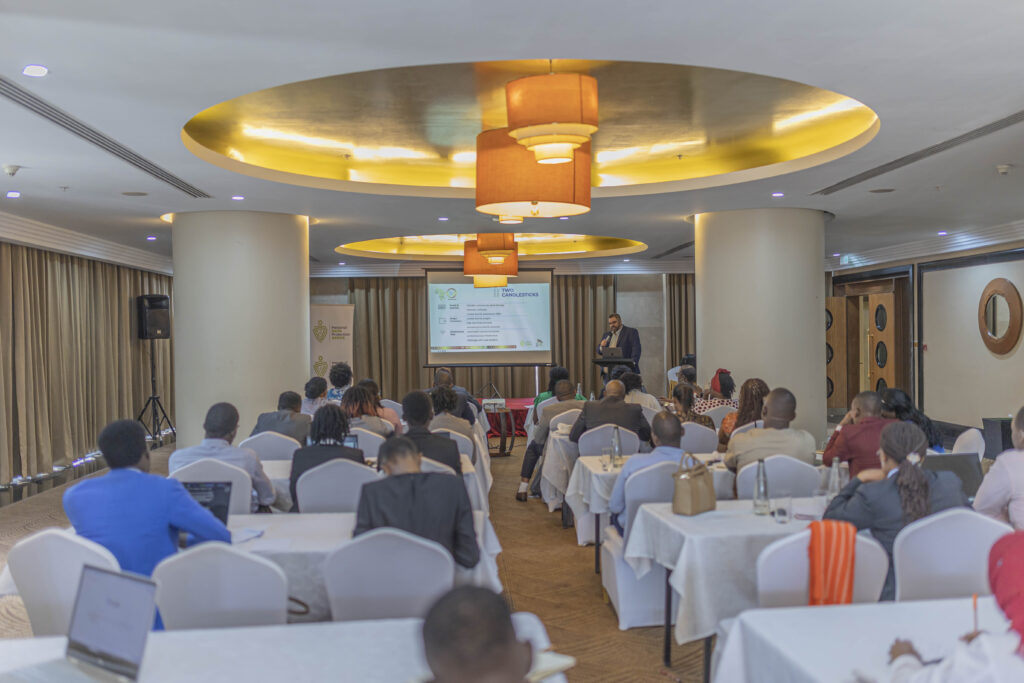The Masterclass Series is one of the most anticipated features of the Data Protection Africa Summit (DPAS). These sessions go beyond theory, offering participants practical, in-depth learning experiences in data protection, privacy, and cybersecurity.
Guided by leading practitioners and subject-matter experts, the masterclasses are designed to equip participants with real-world tools to navigate emerging trends, regulatory demands, and implementation challenges.
For DPAS 2025, the masterclasses will cover key topics including:

Building a Modern Privacy Management System That Meets Global Expectations
Overview
This masterclass gives participants a clear and practical understanding of the updated ISO/IEC 27701:2025 standard. It explains how to design, implement, and improve a Personal Information Management System that supports regulatory compliance, reduces privacy risk, and strengthens organizational trust. The program combines expert-led instruction with hands-on exercises so participants can apply what they learn immediately.
What Participants Will Learn
Participants will gain insight into:
Masterclass Objectives
By the end of the program, participants will be able to:
Who Should Attend
This masterclass is designed for:
Session Overview
This Masterclass is designed as a strategic and practical forum for Ghana’s regulators, legal community, and key stakeholders to engage in the urgent conversation on child online protection.
The digital ecosystem offers tremendous opportunities for learning, innovation, and connectivity. Yet it also exposes children to serious risks such as exploitation, harmful content, and abuse. This session will explore how regulators, institutions, and communities can collaborate to design compliance and enforcement frameworks that safeguard children while strengthening accountability across sectors.
Participants will gain actionable insights into how structured compliance mechanisms, enforceable penalties, and transparent processes can create a safer digital environment while generating public trust and sustainability. The session will also emphasize the importance of empowering parents, teachers, guardians, and children with knowledge of their rights and responsibilities.
The goal is to position attendees to understand why Ghana must act now and to equip them with the frameworks, perspectives, and tools needed to drive robust, enforceable, and impactful child online protection measures.
Key Topics to Be Covered
Learning Objectives
By the end of the Masterclass, participants will:
1.Understand the legal, regulatory, and ethical foundations of child online protection.
Target Audience
This session is tailored for a diverse mix of stakeholders, including:
Session Format
The 4-hour session will be highly interactive, combining:
– Expert Presentations (setting the legal, technical, and regulatory context)
– Case Study Reviews (regional/global examples of child protection frameworks)
– Interactive Q&A / Breakout Discussions (practical, problem-solving approach)
This ensures that participants not only gain knowledge but also leave with actionable strategies to apply within their own institutions and sectors.
Course Brief Description
This Masterclass explores how data protection can serve as a catalyst for inclusive development and public trust in Africa’s digital transformation. Using three real-world cases participants will examine how governance, ethics, and communication determine the success or breakdown of data systems. The session equips leaders to shift from compliance-driven to trust-centered data governance that strengthens accountability, innovation, and human capital outcomes.
Topics to be covered:
Learning objectives:
Intended audience:
This training is designed to equip participants with the knowledge and skills necessary to conduct DPIAs, a critical tool for ensuring compliance with data protection regulations and mitigating risks associated with the processing of personal data.
Objectives of the Masterclass
Format and Structure
The masterclass will be a 3-hour interactive session. It will include:
– Expert-led presentations on the fundamentals of DPIAs.
– Case studies and practical examples to illustrate the DPIA process.
– Q&A session to address participants’ questions and concerns.
Overview
Mobile and digital services continue to expand exponentially, and the significance of implementing smart and effective data privacy laws has never been more critical. Data protection authorities (DPAs) both newly formed and well-established, face a complex set of challenges as they implement data privacy laws while also supporting innovation and growth. In 2019, the GSMA released its Smart Data Privacy Laws report, outlining 14 key principles to help governments and policymakers develop forward-looking privacy frameworks. Building on that foundation, the recently published Smart Implementation of Data Privacy Laws report delves deeper into how these principles can be implemented effectively, with a particular focus on nine core principles that are most relevant to supervisory authorities. This Masterclass provides pragmatic insights into the implementation of guiding data protection principles aimed at helping governments, policymakers and organisations to develop effective and future-proof data privacy frameworks.
Agenda
Masterclass facilitators:
Noriswadi Ismail, Senior Director of Data Privacy, Policy and Regulation, GSMA
Philippe Goabga, Senior Policy Manager, GSMA
Tooba Kazmi, Senior Manager, Consumer Policy, GSMA
Resources
Digitalisation and the Africa We Want
WhatsApp us